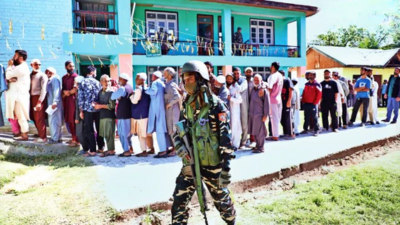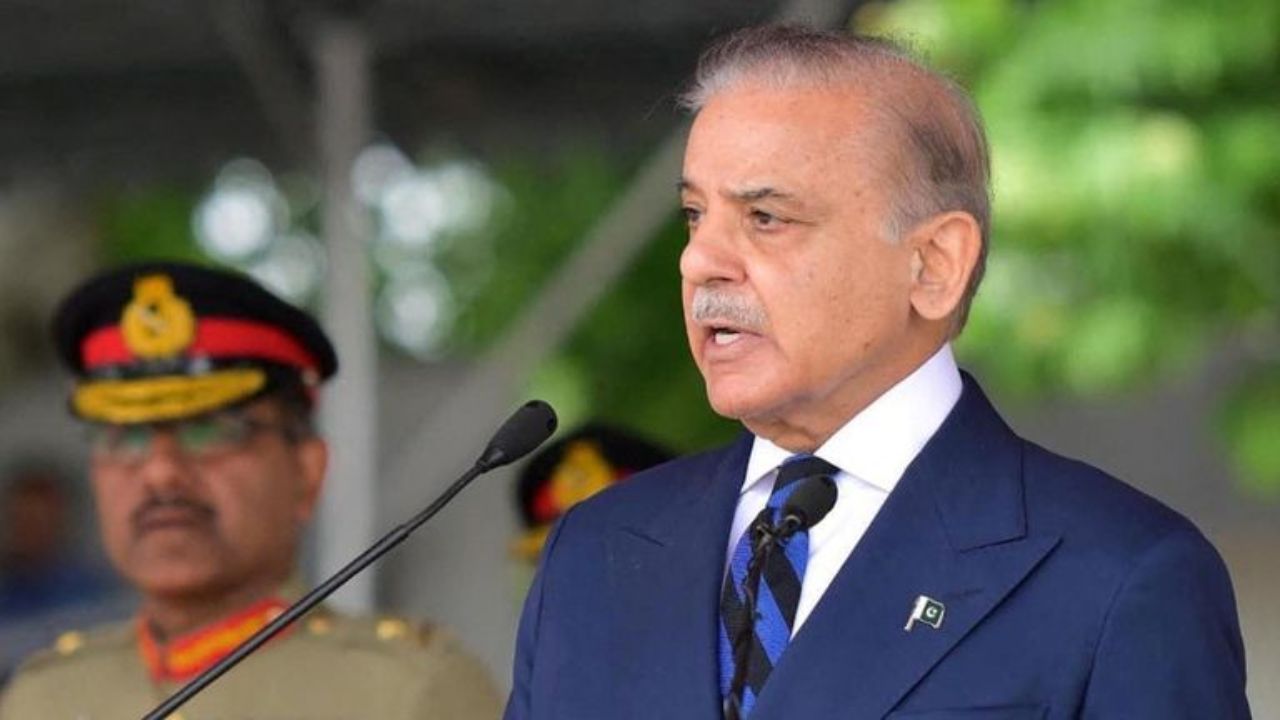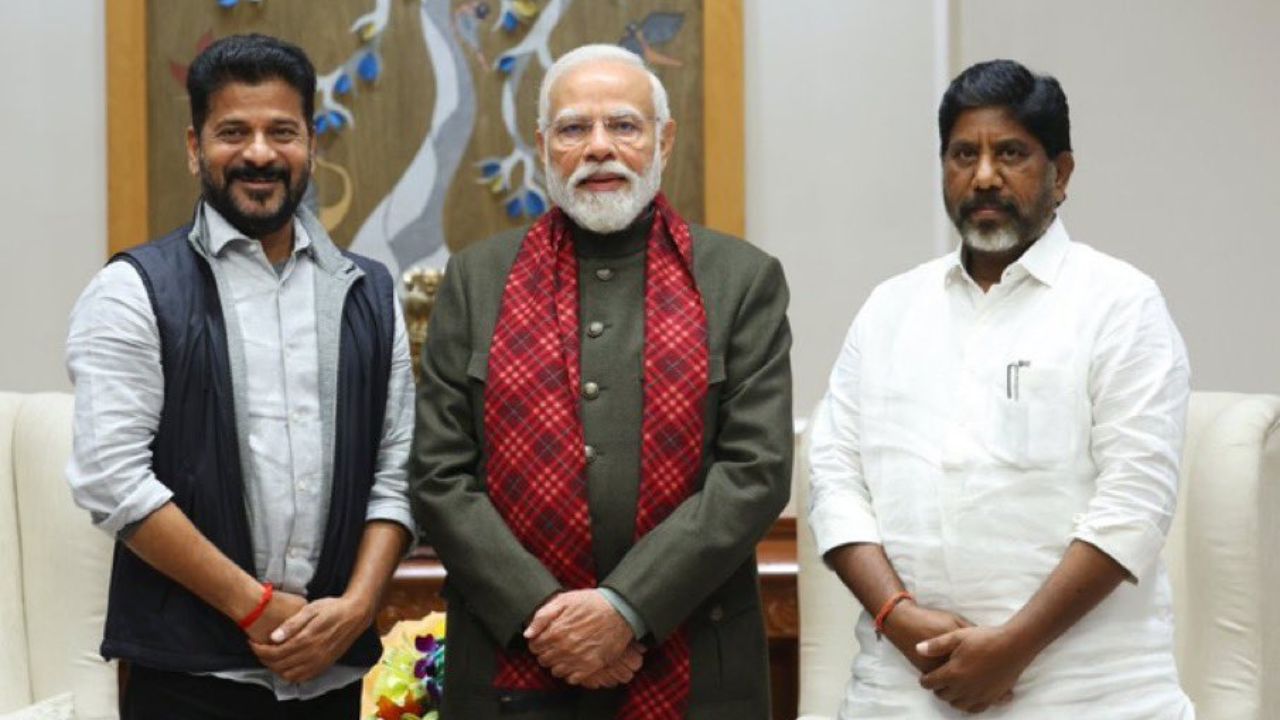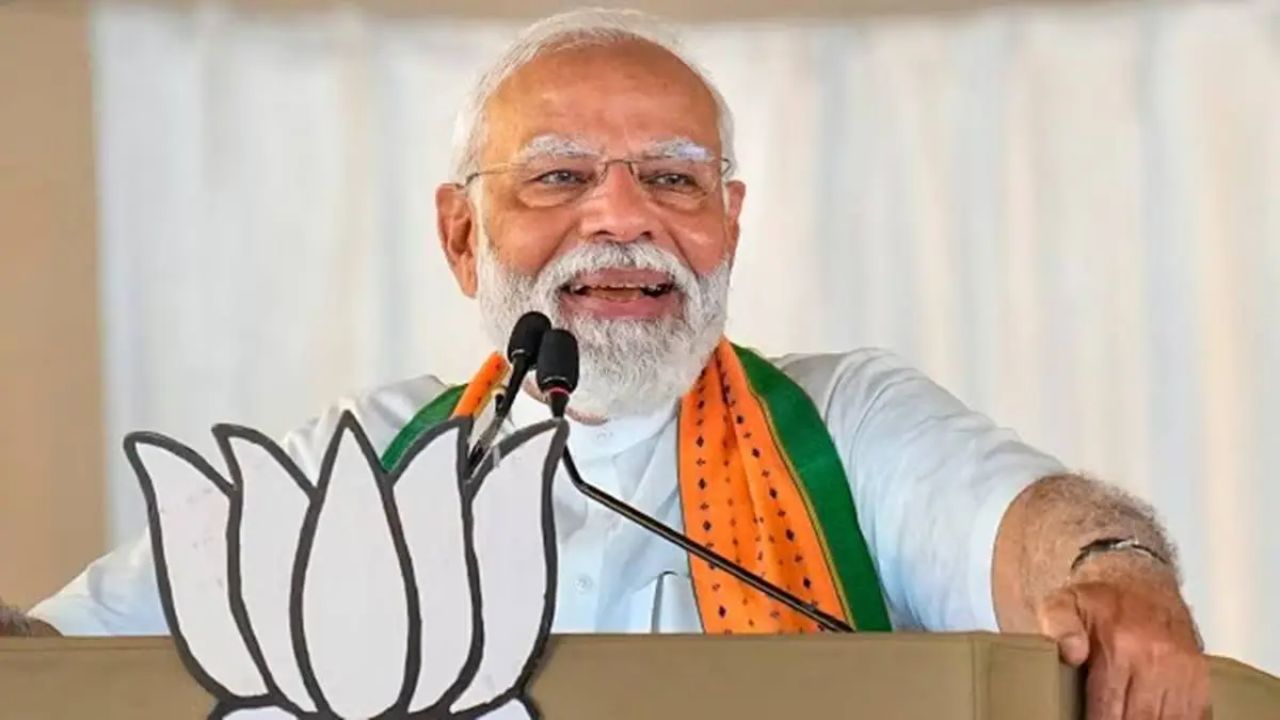The Jamaat factor influences the political landscape as villages that previously adhered to boycott calls are now lining up to vote in Jammu and Kashmir.
At a polling station in the government primary school of Kokpara village in Kashmir, Waseem Ahmad, 27, observes a significant shift. "In the past, this booth recorded zero votes," says Ahmad, who remains unemployed despite

At a polling station in the government primary school of Kokpara village in Kashmir, Waseem Ahmad, 27, observes a significant shift. “In the past, this booth recorded zero votes,” says Ahmad, who remains unemployed despite completing his post-graduation. “But today, nearly half of the votes have already been cast within just four hours of polling.”
The booth is located in Bogam, a stronghold of Jamaat-e-Islami in the Kulgam assembly constituency. This village was the site of a massive rally organized by Jamaat-backed candidates, which drew thousands of attendees.
With the banned organization supporting four independent candidates in the first phase of polls, and ten in total, its influence is evident in Kulgam, where villages that once boycotted elections are now participating.
The Kulgam assembly segment features a competitive race among three main candidates: communist leader M.Y. Tarigami, the consensus choice of the National Conference-Congress alliance; Jamaat-backed independent candidate Sayar Ahmad Reshi; and Mohammad Amin Dar from the Peoples Democratic Party.
However, Reshi’s candidacy has sparked division within Jamaat’s ranks, with some voters expressing their discontent. A 32-year-old in line commented, “This is my first time voting—and I’m not voting for him. He shouldn’t have run. For years, they’ve told us to boycott elections, and now they’re contesting.”
Conversely, Imtiyaz Ahmad, 28, who cast his vote for Reshi, believes voting is essential for addressing local issues. “The dynamics have changed over the decades. We have no choice but to seek solutions through our votes and democracy,” he said. “If Reshi has realized this, it’s beneficial for him and for us.”
By evening, Kulgam reported a voter turnout of 62.7%, compared to 58.44% in 2014 and 61.59% in 2008. While enthusiasm for the Jamaat was palpable in Kulgam, it was notably absent in Pulwama, where the party supports independent candidate Dr. Talat Majeed.
Majeed faces off against Peoples Democratic Party youth leader Waheed Parra and former legislator Khalil Bandh from the National Conference. A former Jamaat worker noted, “This is essentially a contest between the PDP and NC. I haven’t voted for Jamaat because they lack a clear roadmap for the future.”
For the socio-religious organization, which has re-entered the electoral arena after nearly four decades, this initial participation marks a positive start. A former member involved in the organization’s operations and discussions with the Centre stated, “This beginning is promising, and I believe it will only get better in the upcoming phases.”




